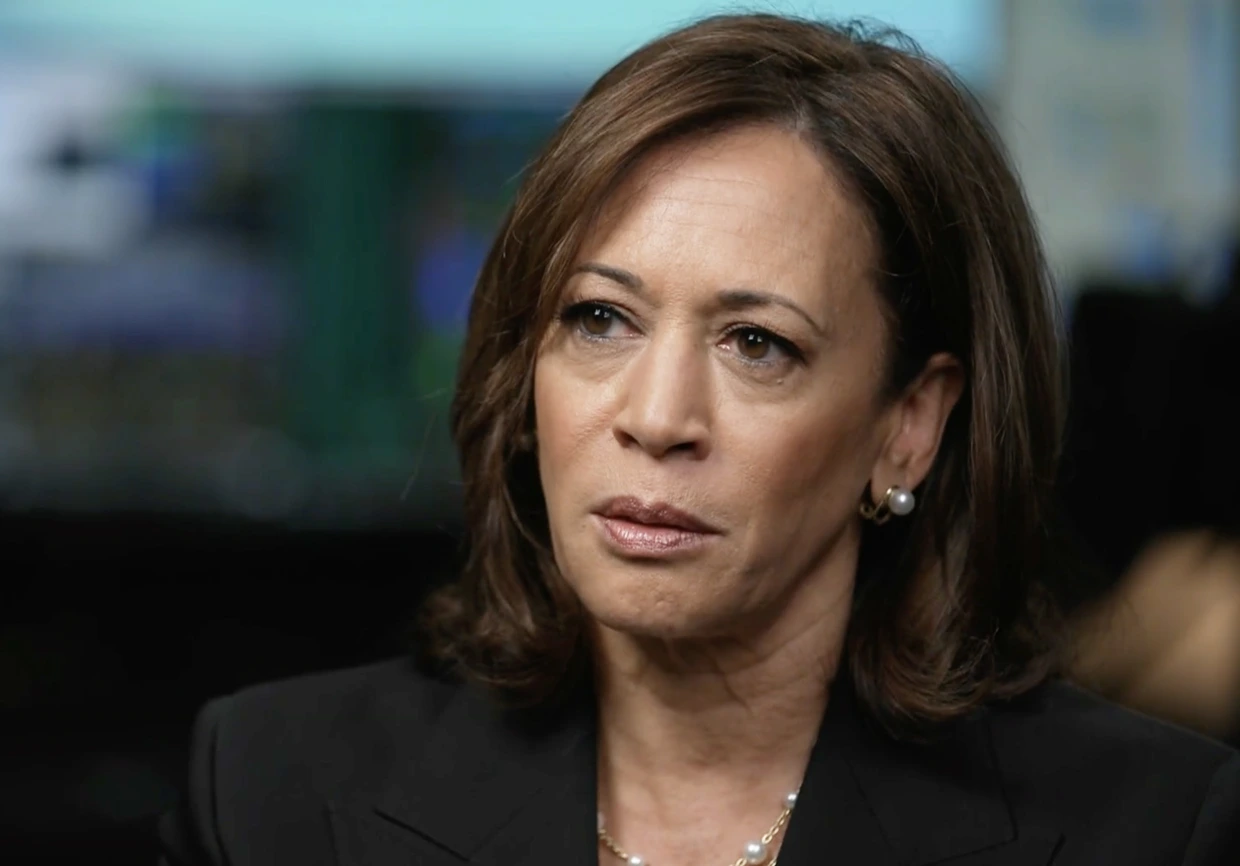October 26, 2024
Amid growing political pressure, The Nation, America’s oldest progressive magazine, is dropping support for Vice President Kamala Harris as a part of a growing chorus of criticism of her foreign policy. The publication, founded in 1865, initially endorsed Harris as a “visionary” leader with an agenda that, though not entirely progressive, was lauded for its forward-thinking domestic focus. But within weeks, discontent simmered among the magazine’s editorial interns, who released a scathing critique of Harris’s foreign policy record, particularly regarding the U.S. stance on the Israel-Gaza conflict.
The Initial Endorsement
On September 23, The Nation officially endorsed Harris, recognizing her as an “experienced and capable leader” with progressive aims, even if her foreign policy was not as aggressive as the magazine’s editors might prefer. The recommendation hailed her choice of Minnesota governor Tim Walz as a running mate as proof that Harris would continue to build on the Biden administration’s effort toward economic, social and racial justice.
The endorsement read:
“We also endorse Harris in her own right, as an experienced and capable leader with a vision for America’s future that—while not as progressive as we might prefer, particularly when it comes to foreign policy—represents a clear advance on the Democratic presidential nominees of the past half-century.”
Editorial Interns’ Open Letter
This cheery endorsement immediately turned sour after The Nation’s interns circulated an open letter calling out Harris’s candidacy, for policies they accuse her of supporting “genocide” in Gaza. In the eyes of the interns, Harris’s advocacy for Biden’s administration’s policies failed international humanitarian interests, and the accuser was hypocritical.
Their letter stated:
“We, The Nation’s current interns, find this endorsement unearned and disappointing. We have a different interpretation of the magazine’s abolitionist legacy, one that says a publication committed to justice must refrain from endorsing a person signing off on genocide.”
The interns derided Harris’s “sunny domestic proposals,” which, they say, are insufficient during foreign policy emergencies. They specifically opposed Harris’s action in Gaza, saying, “Her domestic agenda cannot offset the suffering her policies will inflict abroad.”
Growing Backlash from the Left
This criticism from The Nation matches recent refusals by The Washington Post and the Los Angeles Times to endorse Harris’s candidacy for the same reasons. The retraction expresses more broadly the disappointment of progressive voters who perceive her foreign policy agenda as inconsistent with a humanitarian vision of leadership.
In polls, Harris’s campaign has a tough fight on her hands, and her base is fading among demographics that count for something: younger voters and progressives. Considering there are just a few weeks left until Election Day, the outcry could make her way to the White House even more difficult.
Harris’s Response and The Path Ahead
Harris’s campaign hasn’t yet officially reacted to The Nation’s retraction, but the move shows how hard it can be for her to reconcile progressive principles with foreign policy reality. Polling numbers are already declining, and the recent storm underscores how her base is increasingly split over her perceived fit with orthodox Democratic foreign policy.
This state of affairs and The Nation’s retraction of endorsement reflects a movement within the progressive movement to demand that their candidates take responsibility for issues on a global scale.

